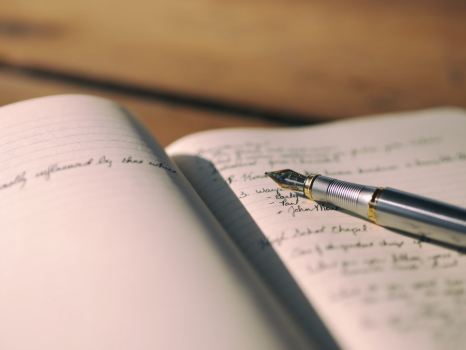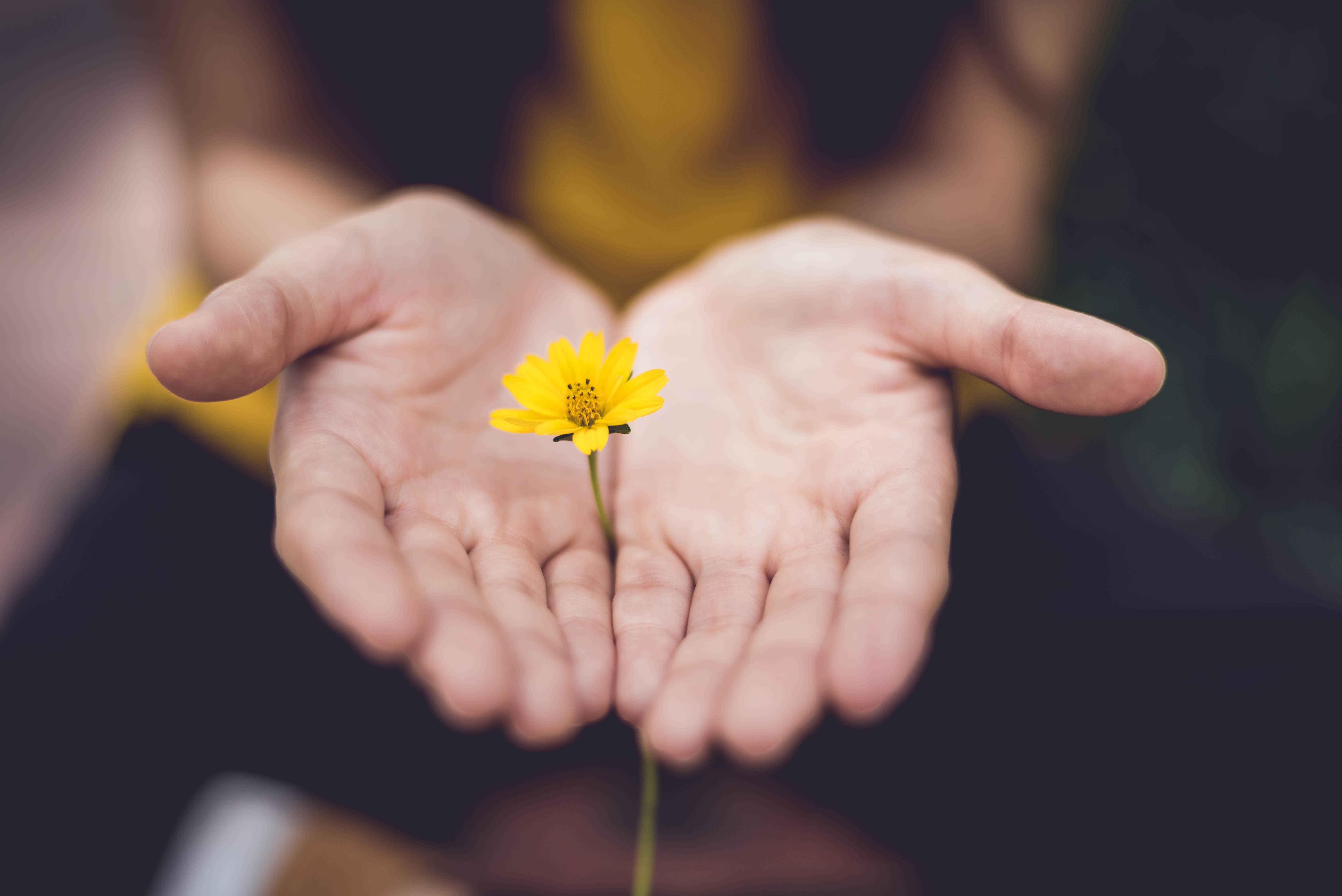
How to handle stress
“The greatest weapon against stress is our ability to choose one thought over another.”
William James
The quote may appear to be clear, but it is not something that comes without effort. Still, stress is something none of us escape. How do we manage stress, so insidious it encroaches upon our peace of mind? Can we work on changing our thought patterns? Yet, this involves more than thought-management. How do we handle the inevitable stress that life brings our way?
Eight Steps to reduce stress
1) Stop. Step back from the immediate. Take a mini time-out. Evaluate the circumstances. Is it a task or job that is overwhelming? If so, can you break down your task into smaller chunks? Can you ask for help, brainstorm?
Is it an overwhelming family crisis, or other difficult situation? Break that down too. Take it one moment at a time. Then one hour at a time, one day at a time and so forth. What is the next thing to do? Emily P. Freeman’s book “The Next Right Thing” is a rare and sparkling gem. With supreme gentleness and great acuity Freeman provides direction. She gives us guidance in finding and doing our next right thing. You can get Emily’s book at https://www.chapters.indigo.ca/en-ca/home/search/?keywords=The%20next%20right%20thing#internal=1 , or at another bookstore of your choice .
2) Remember to breathe. Sometimes small things yield big results. Breathe in, hold, breathe out. Deep breathing as a relaxation technique causes stress levels to diminish. You can find out more about the benefits of deep breathing: https://www.livestrong.com/article/92264-benefits-deep-breathing/. There are so many!

3) Gentle exercise is a proven tool to lower stress levels. If you can, get outside for a few minutes. Even better take a walk in the park. Nature is soothing. In the summer when it’s warmer I find sitting on my deck has a gentling effect. I gaze at the sky, looking at the trees shimmering in the breeze, listening to birdsong and the hum of the cicadas. With lovely weather comes the opportunity to hike on a nature trail, or go to the beach for a swim. Each season has something to offer. It could be to ski in the winter. Or snowshoeing or any other number of outdoor activities. Walking is the perfect exercise, it can be speed walking or you can go gentle and easy. There are excellent keep fit programs you can do in your home. When the weather is inclement or intolerable, use DVD’s or stream an exercise program. Leslie Sansone has a walking program that I enjoy. ( https://walkathome.com/about-us/leslie-sansone/.)
4) Keep a journal. Did you know that journalling has a positive effect on mental health? People who keep a journal are stronger and healthier than those who don’t. Here are more positive effects of journalling https://www.huffpost.com/entry/benefits-of-journaling_b_6648884. Writing regularly has mitigated my issues with chronic disease. I have more energy and get ill less often.

5) Find a trusted “someone” to talk to, be it a friend, or a counselor, pastor, or therapist. As the saying goes “a problem shared is a problem halved.” Often when we take the time to talk through an issue or problem, it becomes less daunting or troublesome.

Stress often clouds our judgement, we may not be able to think clearly. If we find ourselves stuck and unable to move forward, a professional therapist may be what we need. Therapists can help us tease apart thoughts that keep us spinning, feeling lost or out of control. They can teach us coping mechanisms, give us tools to manage our stress.
6) Accept that stress is a part of life. Mistaken beliefs and/or saying, “I shouldn’t have to deal with this problem,” is disempowering. So learning to adjust our self-talk can be important. We tell ourselves, “Everyone experiences difficulties. I have gotten through tough situations in the past. And I will get through this as well.” “I can do this.” “I am doing the best I can.” This shifts our thoughts. As the opening quote in this piece says, “choosing one thought over another.” So, as we grow to accept life’s difficulties, and adjust our self-talk, we gain perspective. Let go of a victim mentality. Then we find the freedom to make choices that move us forward. Learn to cope with challenges in our lives. Find more regarding self-talk at: https://www.psychologytoday.com/ca/blog/hope-relationships/201605/the-power-positive-self-talk.
7) View the stress in your life as an opportunity to learn and grow. Ask yourself: What can I learn from this?Are there too many things with which I am involved? Do I need to cut back my activities? Am I saying, “yes,” to things when I need to be saying, “no.” Do I practice self-care? Am I eating healthy food? Do I get enough sleep? Try to get regular exercise? Do I take the time I need to “recharge?” Build in time to get away, to rest, to have fun? Are there unhealthy relationships I need to let go? And do I need to learn how to set up boundaries? Learn to handle difficult people? (https://judygibson.ca/creating-boundaries-dealing-with-difficult-people/.) If we take the time so slow down and ask questions it often helps to ease our stress levels.
8) Make time for laughter, and to listen to music. The book of Proverbs (17:22a) asserts, “A merry heart does good, like a medicine.” Time and science substantiates this. There are many benefits of laughter: “Laughter may reduce your blood pressure. Laughter is good for your cardiovascular system. Laughing burns calories.” Well, that’s a benefit we can’t ignore! (http://mentalfloss.com/article/539632/scientific-benefits-having-laugh.) So, go watch a funny movie, tell a good joke.
Studies about music tell us this: “Science has now proven what music lovers already know, that listening to upbeat music can improve your mood. Listening to and playing music reduces chronic stress by lowering the stress hormone cortisol.” (https://bebrainfit.com/music-brain/).

He knows
These are all tools that aid in handling stress. But, some days nothing we do or try to do will make us feel better. When that happens it is best to be gentle with ourselves. To remember the Psalmist’s words, “For He knows we are but dust.” (101:14a) We have a God who sees and knows us, who loves us with an everlasting love. One who will carry, hold and sustain us. He, the light in our darkness.
So, we throw ourselves on God’s unfailing mercy. Entrust our lives and circumstances to Him and cling to this promise:
“But the Advocate, the Holy Spirit, whom the Father will send in My name, will teach you all things and will remind you of everything I have told you. Peace, I leave with you; My peace I give to you. I do not give to you as the world gives. Do not let your hearts be troubled; do not be afraid.” John 14:26-27







-
-
3 years
Tagged Boundaries, Exits, Forgiveness, Friendships, Relationships